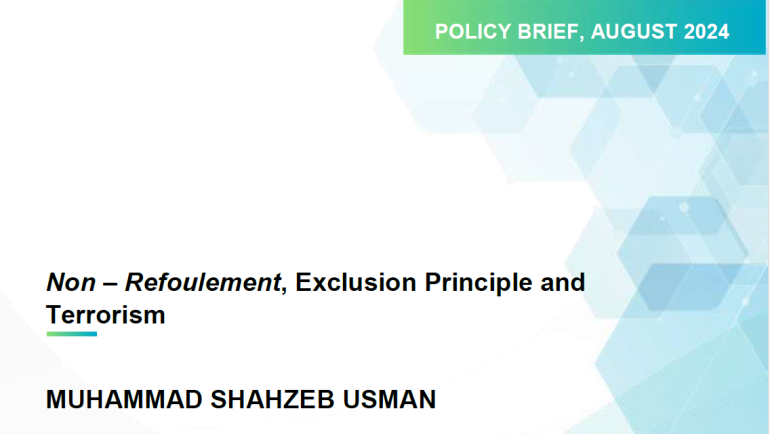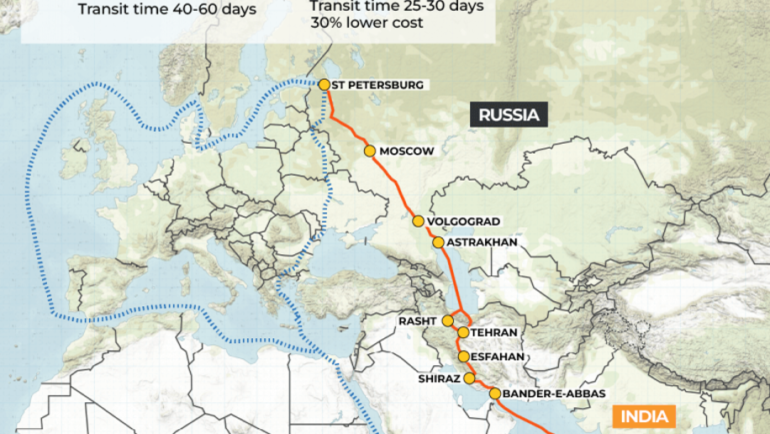Policy Brief 21/08/2024
Price stability has always been an important concern for policymakers. Post-COVID inflationary episodes, the Russia-Ukraine war, Supply chain disruptions, and increased commodity prices the issue resurfaced across all economies. Monetary policy is considered to be responsible for controlling inflation across all economies. However, recent inflationary conditions came as a realisation for most economies that controlling inflation through monetary policy alone is insufficient and inflation is not always a monetary phenomenon. The fiscal theory of price level suggests that for countries with high fiscal deficits and debt liabilities, inflation becomes more of a fiscal problem and can be addressed by having a mix of fiscal and monetary policy with fiscal policy guiding the monetary policy. Also, expectations of future inflation and policy rates are important for effectively setting the policy rate. To effectively accommodate the expectations in the inflation-targeting process, the State Bank of Pakistan (SBP) needs transparency and autonomy. Monetary policy transparency may be improved by publishing the minutes of the Monetary Policy Committee (MPC). By introducing reforms in the taxation and energy sector, restructuring State-Owned Enterprises (SOEs), and improving the investment climate of the country, the government can effectively improve the fiscal conditions of the country.


